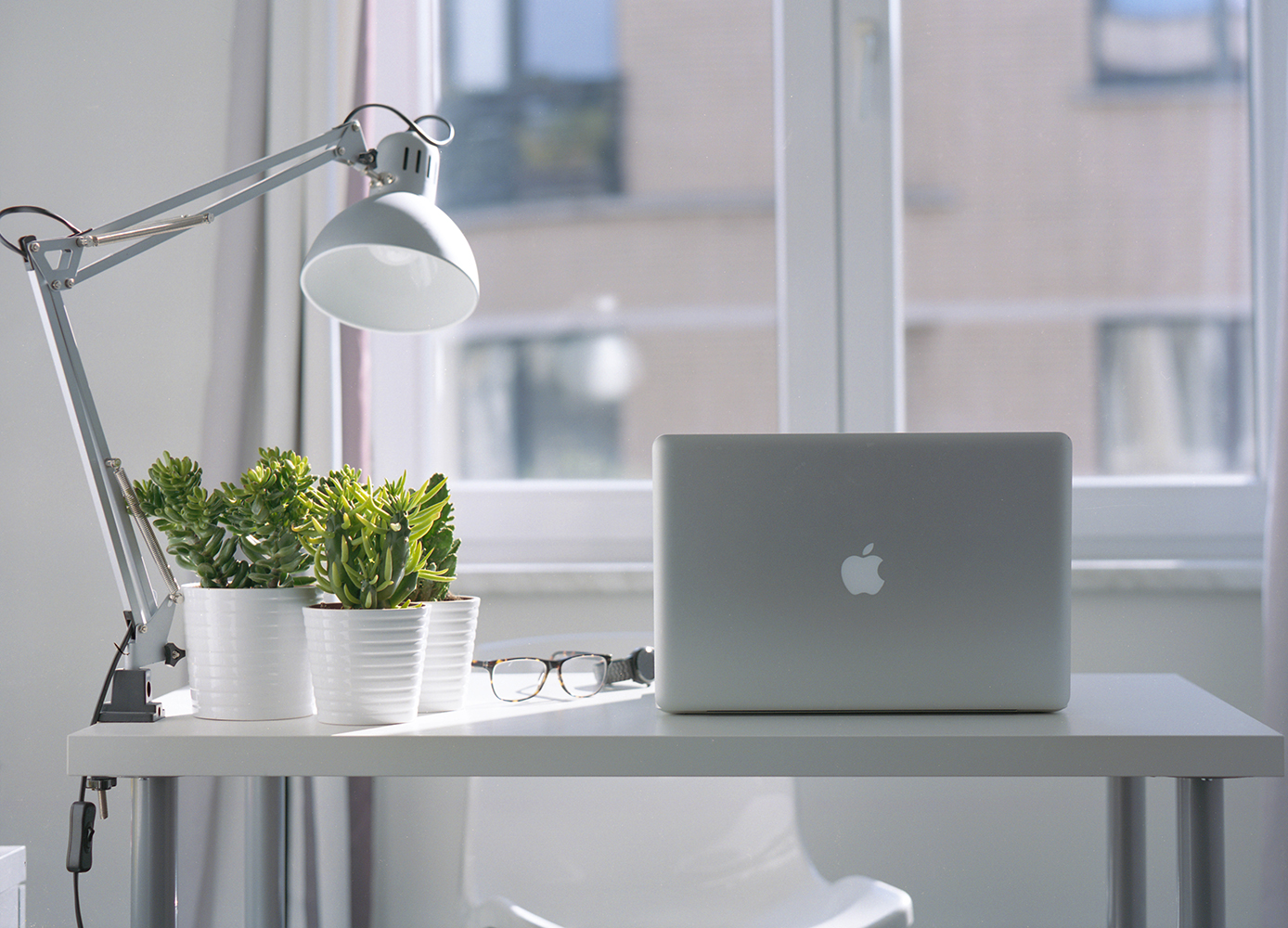Is it time to retire your home computer and switch to a more streamlined device?
By Matt Smith
Photo: iStock/courtneyk.
More and more retirees are moving away from computers in favour of tablets. Tablets occupy the middle ground between smartphones and home computers. More portable than a laptop, tablets are compact and lightweight, but they’re much more capable than cellphones. Should you be switching?
If you’re a casual computer user, then the answer may be yes. Tablets can handle many of the same tasks as laptop and desktop computers: surfing the Internet, sending e-mails, watching TV, and listening to music. While professionals and power users might need a PC or a Mac, many prefer the stripped-down operating system on a tablet.
The interface is less complex, offering a much more immediate experience. This is great for the less tech-savvy among us, especially if you’ve found the learning curve of a computer to be a barrier to keeping in touch with family and friends online. If you’re already comfortable on a smartphone, you’ll find the transition to a tablet smooth and easy, and you’ll gain a much larger screen.
Combined with a wireless keyboard, a tablet can offer an experience very similar to that of using a laptop. While it won’t be as good as using a proper computer if you need a word processor, it will make sending e-mails from your tablet a breeze. You can even get mice that interface with Android tablets. This is technically possible for iPads, as well, but it can be a tricky process.
Their light weight makes tablets well suited for those who have difficulty sitting in an office chair for extended periods of time because they’re portable and hand-held. Tablets also power up almost instantly, and they’ll usually have a much longer battery life than a laptop. You’ll also find numerous accessibility options on board whatever tablet you choose, such as larger print and text-to-speech services.






